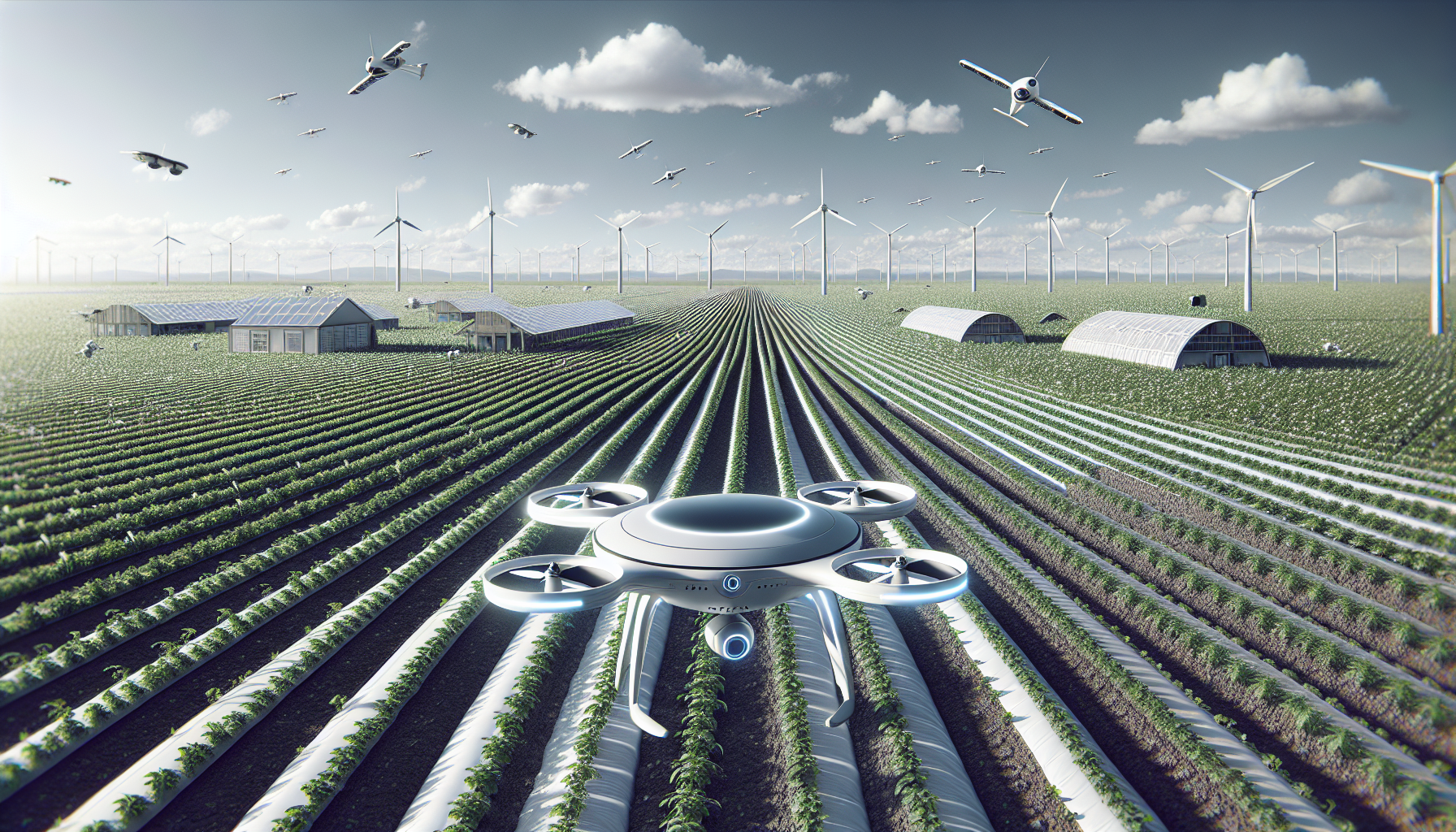Farming Just Got Smarter-And Faster
What if a swarm of tiny flying robots could scan your entire farm in under three hours, tell you exactly where to water, where pests are hiding, and how to boost your yield by 25%-all from your phone? That's not science fiction. That's AgroSwarm, the latest innovation from SkyNet Robotics, unveiled this week in Silicon Valley.
AgroSwarm is a fleet of lightweight, AI-powered drones designed to work together like a hive mind. Each drone is under two kilograms, but when deployed as a swarm, they become a powerful tool for precision agriculture. They fly in coordinated patterns, scanning fields with multispectral sensors and feeding real-time data into a central AI system. The result? A detailed, actionable map of your farm-down to the square meter.
From Data to Decisions in Real Time
SkyNet's CEO, Dr. Elena Martinez, describes AgroSwarm as "a decision engine, not just a data collector." The system doesn't just tell you what's happening-it tells you what to do. Need to adjust irrigation in one corner of the field? AgroSwarm flags it. Spotting early signs of disease in a crop row? It alerts you before it spreads. The AI processes data on the fly, enabling immediate, targeted interventions.
In early trials across California's Central Valley, AgroSwarm helped farmers reduce water usage by 20% and pesticide application by 15%. That's not just good for the environment-it's good for the bottom line. SkyNet estimates that farmers using AgroSwarm could see profit margins increase by 10 to 15% annually.
100 Hectares in 3 Hours
Speed is one of AgroSwarm's biggest advantages. A single swarm can cover 100 hectares in less than three hours. That's a game-changer for large-scale farms, where traditional monitoring methods can take days. The drones communicate with each other in real time, avoiding overlap and optimizing coverage. All the data is visualized in a mobile app, giving farmers instant access to insights from anywhere.
SkyNet has partnered with AgriCorp to roll out the system across North America by the third quarter of 2025. A global expansion is planned for 2026. With the agtech sector attracting over $10.6 billion in investment last year, SkyNet is positioning itself as a leader in the race to modernize farming.
But What About Small Farmers?
Not everyone is cheering. The estimated $50,000 price tag for a basic AgroSwarm setup has raised eyebrows, especially among small and mid-sized farmers. Dr. James Patel, an agronomist at UC Davis, warns that the technology could widen the gap between large agribusinesses and smaller operations. "It's impressive tech," he says, "but accessibility is key. Otherwise, it risks becoming another tool for the already advantaged."
SkyNet has responded with a promise: a subsidized leasing program aimed at farmers in developing regions. Details are still vague, but the company says it's committed to making AgroSwarm available to farms of all sizes. Whether that promise holds up remains to be seen.
Eco-Friendly or Eco-Threat?
Environmental groups have also raised concerns. Could a swarm of buzzing drones disrupt local wildlife, especially birds? SkyNet says no. The drones are designed with low-noise propellers and advanced collision-avoidance systems to minimize impact. But independent studies haven't yet confirmed these claims. Until then, skepticism lingers.
Still, the potential upside is hard to ignore. Precision agriculture is one of the most promising paths to sustainable farming. By using fewer resources more efficiently, technologies like AgroSwarm could help feed a growing global population without exhausting the planet.
The Future of Farming Is Autonomous
AgroSwarm isn't just a product-it's a signal. A sign that agriculture is entering a new era, where decisions are driven by data, not guesswork. Where machines don't just assist-they collaborate. And where the line between farmer and technologist begins to blur.
For now, all eyes are on SkyNet. If AgroSwarm delivers on its promises, it could redefine what it means to farm in the 21st century. If it stumbles, it may become a cautionary tale in the high-stakes world of agtech.
But imagine this: a world where every square meter of farmland is understood, optimized, and cared for-by a swarm of intelligent machines, working in harmony with nature. That's not just innovation. That's transformation.
